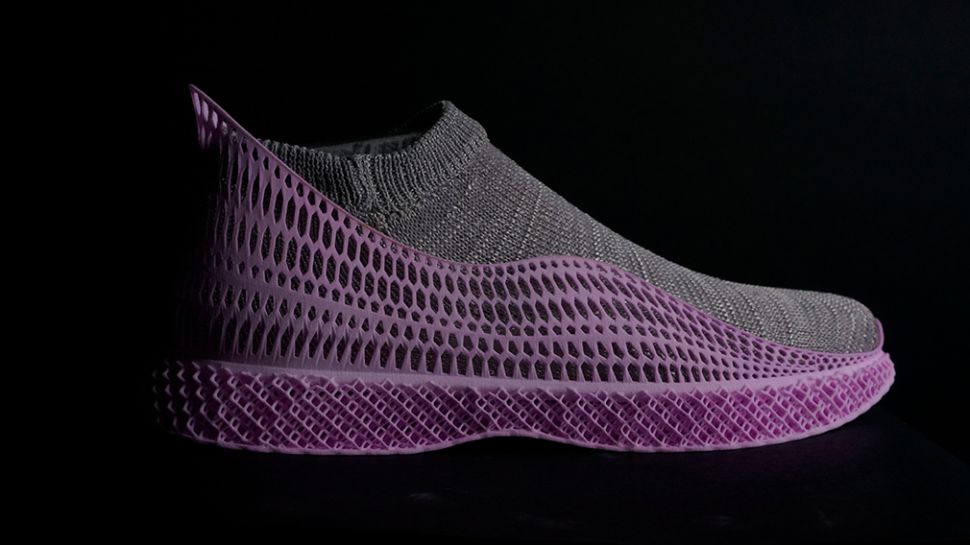Could kelp be the future of sustainable fashion?
Your clothes and shoes could soon be made from seaweed. That’s if AlgiKnit, a biomaterials research group based in New York, has anything to do with it.
AlgiKnit is devoted to developing wearable textiles from readily abundant biopolymers. Fashion is the world’s second most polluting industry, says fashion design graduate Aleksandra Gosiewski, who’s a co-founder of AlgiKnit and speaker at Design Indaba 2018.
AlgiKnit’s goal is to keep fashion products out of landfill and reduce microplastic pollution by creating a sustainable alternative to manmade textiles like polyester. The team has produced a rapidly renewing biodegradable yarn that might just do the job… and it’s made from kelp.

In fact, they’ve done more than make a bioyarn: they’ve also made a shoe. Introducing AlgiKicks – a revolutionary sustainable sneaker that rapidly degrades after the product has finished its useful lifetime.

Knitting a new future
So why kelp? “Kelp is one of the fastest growing organisms on earth,” she explains. It’s available globally and sourced sustainably and there’s a lot around.”
AlgiKnit’s bioyarn project was initially part of an entry for the Biodesign Challenge, a competition that invites art and design students to envision future applications of biotechnology. Gosiewski’s team won the competition, and the group decided to continue their research under the name AlgiKnit.
“If clothing is going to continue to be disposable, why not make it disposable in a way that makes sense – that actually benefits the earth? In way that has a positive impact instead of a negative impact? It takes longer to create a mind shift, so why not first create an alternative that already fits into the same mindset?” she says. “This is a first step to something else.”
Knitting a new future
So why kelp? “Kelp is one of the fastest growing organisms on earth,” she explains. It’s available globally and sourced sustainably and there’s a lot around.”
AlgiKnit’s bioyarn project was initially part of an entry for the Biodesign Challenge, a competition that invites art and design students to envision future applications of biotechnology. Gosiewski’s team won the competition, and the group decided to continue their research under the name AlgiKnit.
“If clothing is going to continue to be disposable, why not make it disposable in a way that makes sense – that actually benefits the earth? In way that has a positive impact instead of a negative impact? It takes longer to create a mind shift, so why not first create an alternative that already fits into the same mindset?” she says. “This is a first step to something else.”

The main problem, says Gosiewski, is that people try to compare the product to synthetic materials. “Really it’s its own category: it’s something different. It has natural stretch and flexibility, and when you’re knitting you can really control the amount of material you use.”
“We see our material beyond just fashion,” she adds. “There are more possibilities. We developed the yarn – we’re excited to see what people make with it.”












